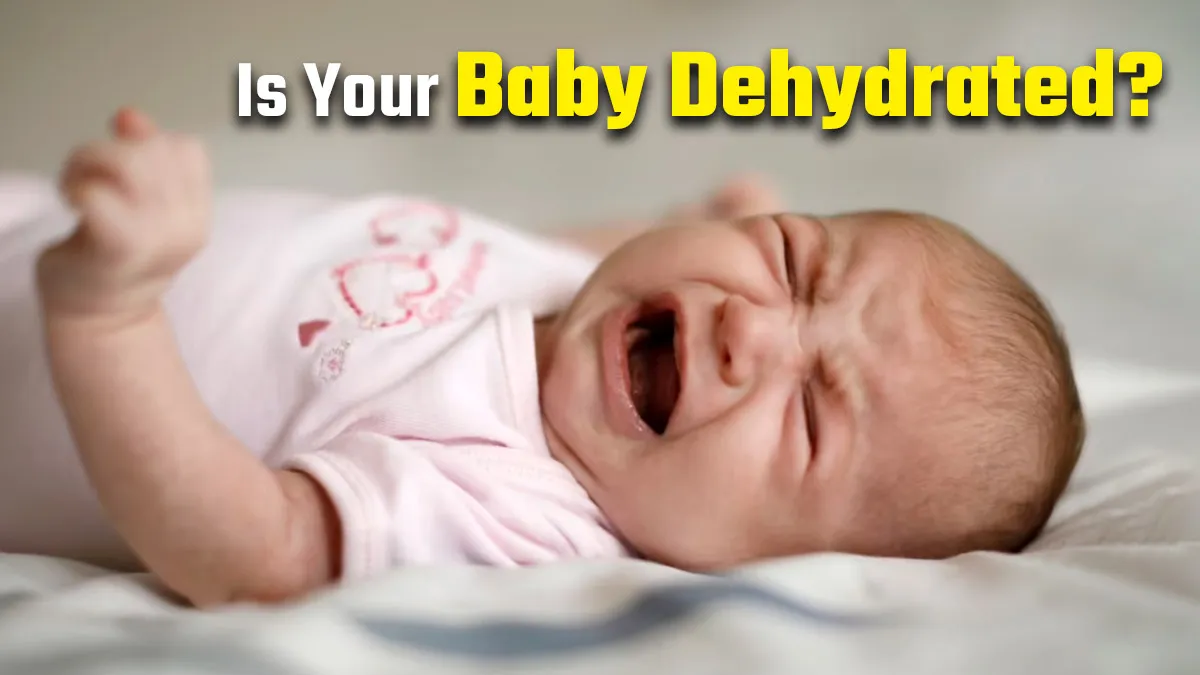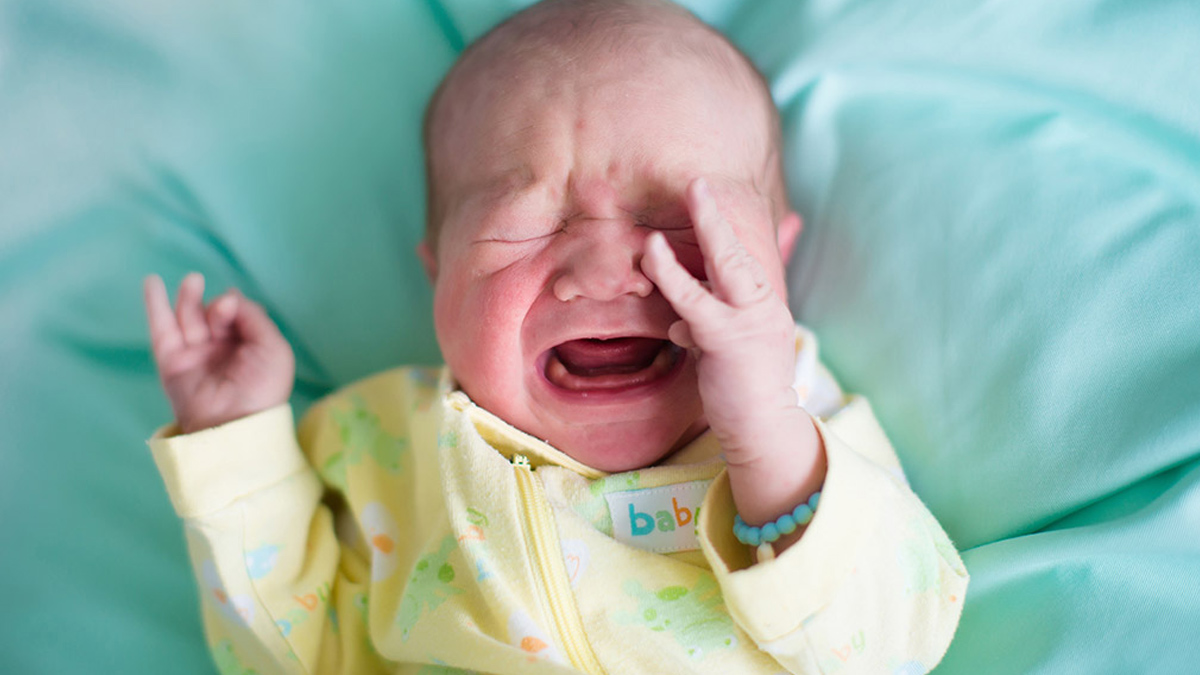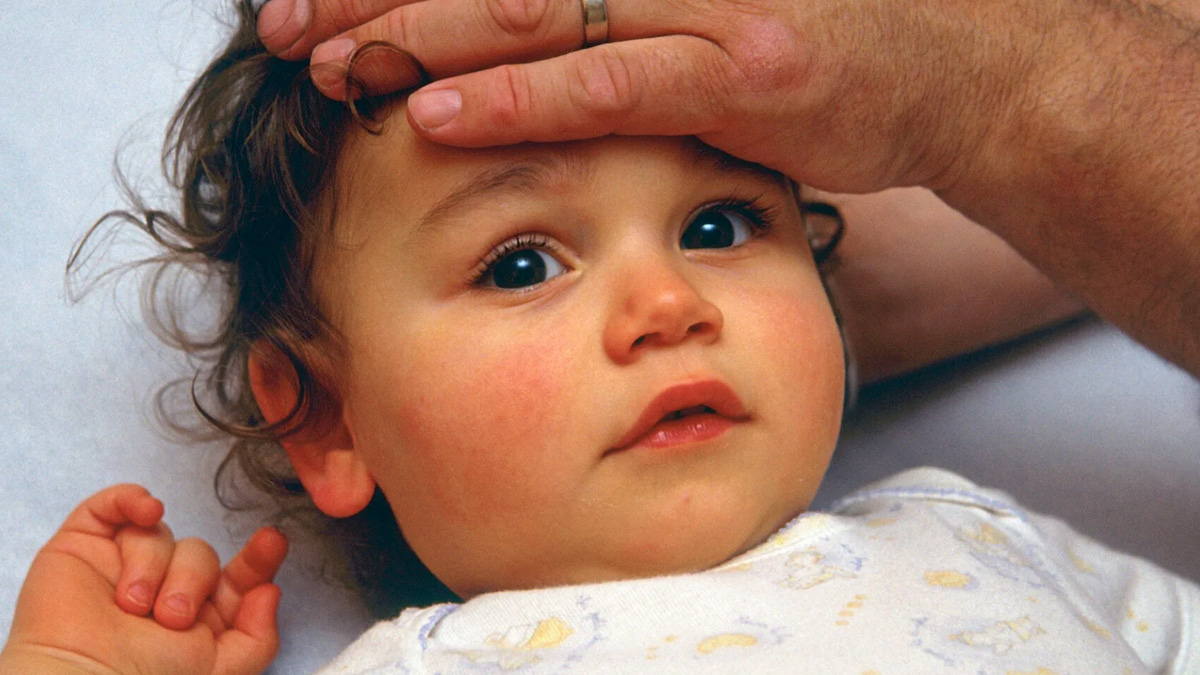
Babies bring endless joy, but they also need constant care, especially when it comes to their health. Parents keep a close eye on their little ones, but sometimes it’s tough to notice signs that something might be wrong. One serious concern is dehydration, which can sneak up quickly and be dangerous if left untreated. Knowing what to watch for can make all the difference in keeping your baby safe and healthy.
Table of Content:-
Dr Shrishailesh D M, Apollo Cradle and Children's Hospital, Bangalore - Electronic City, points out that dehydration can occur very quickly in babies. "A baby's body contains more water than an adult's, and they protest in tiny ways," he says. "Therefore, parents should identify the signs of early dehydration and move quickly."
Why Do Babies Get Dehydrated?![why babies get dehydrated 4 - 2025-07-29T162934.314]()
Babies lose water quickly, particularly when ill or during warm weather. Some of the common reasons for dehydration are:
- Diarrhoea
- Vomiting
- Fever
- Low fluid consumption
"All of these decrease the water content in the baby's body," informs Dr. Shrishailesh. "If not addressed immediately, it can develop into severe issues like electrolyte imbalance or low blood pressure and may need to be treated in a hospital."
ALSO READ: Ever Wondered How Newborn Babies Have a Tight Grip? Know About Palmar Grasp Reflex
Important Signs of Dehydration in Babies![Signs of Dehydration in Babies 1 - 2025-07-29T162935.436]()
The following are significant indications that parents should never overlook:
- Dry tongue and mouth: Check for a sticky, dry tongue or mouth with little or no saliva.
- Decreased urination: If your baby has less than six wet diapers in 24 hours, or the urine is dark yellow and pungent, it might be dehydration.
- Sunken soft spot (fontanelle): The soft spot on top of a baby's head appears noticeably sunken.
- Tearless crying: Crying without tears typically indicates the baby has low fluids.
- Irritability or drowsiness: A dehydrated infant may be abnormally sleepy, difficult to wake, or irritable.
- Cool, spotted skin: The skin is cold, pale, or mottled because of inadequate blood circulation.
What Happens in Severe Dehydration?![Severe Dehydration 3 - 2025-07-29T162932.851]()
In severe cases, you may also observe:
- Dry skin
- Sunken eyes
- Rapid breathing
- Difficulty feeding
"These are warning signs that require urgent medical attention," warns Dr. Shrishailesh.
How Parents Can Prevent Dehydration
The best prevention is to have your baby hydrated and well-fed. Here's what you can do:
- Feed your baby regularly, whether through breastfeeding or formula feeding.
- Provide additional fluids in hot weather or if your baby is ill.
- Keep a close eye on diaper output.
- Monitor for any signs of illness, such as diarrhoea or vomiting and seek medical assistance early.
When to See a Doctor
If your baby has any signs of dehydration, particularly tearless crying, sunken fontanelle, or drowsiness, call your paediatrician immediately. Prompt treatment can avert serious consequences.
ALSO READ: How Sleep Deprivation Impacts New Mother’s Health: Understanding the Risks and Finding Relief
Conclusion
Dehydration in infants can occur rapidly and unnoticeably. By being aware of the vital signs and acting promptly, parents can save their babies from severe health threats. Basic measures such as frequent feeding and observing signs greatly contribute to the safety and well-being of babies.
If you observe any dehydration symptoms or have questions, do not hesitate to contact your healthcare provider. It's always better to be safe when it comes to your baby's health.
Also watch this video
How we keep this article up to date:
We work with experts and keep a close eye on the latest in health and wellness. Whenever there is a new research or helpful information, we update our articles with accurate and useful advice.
Current Version


